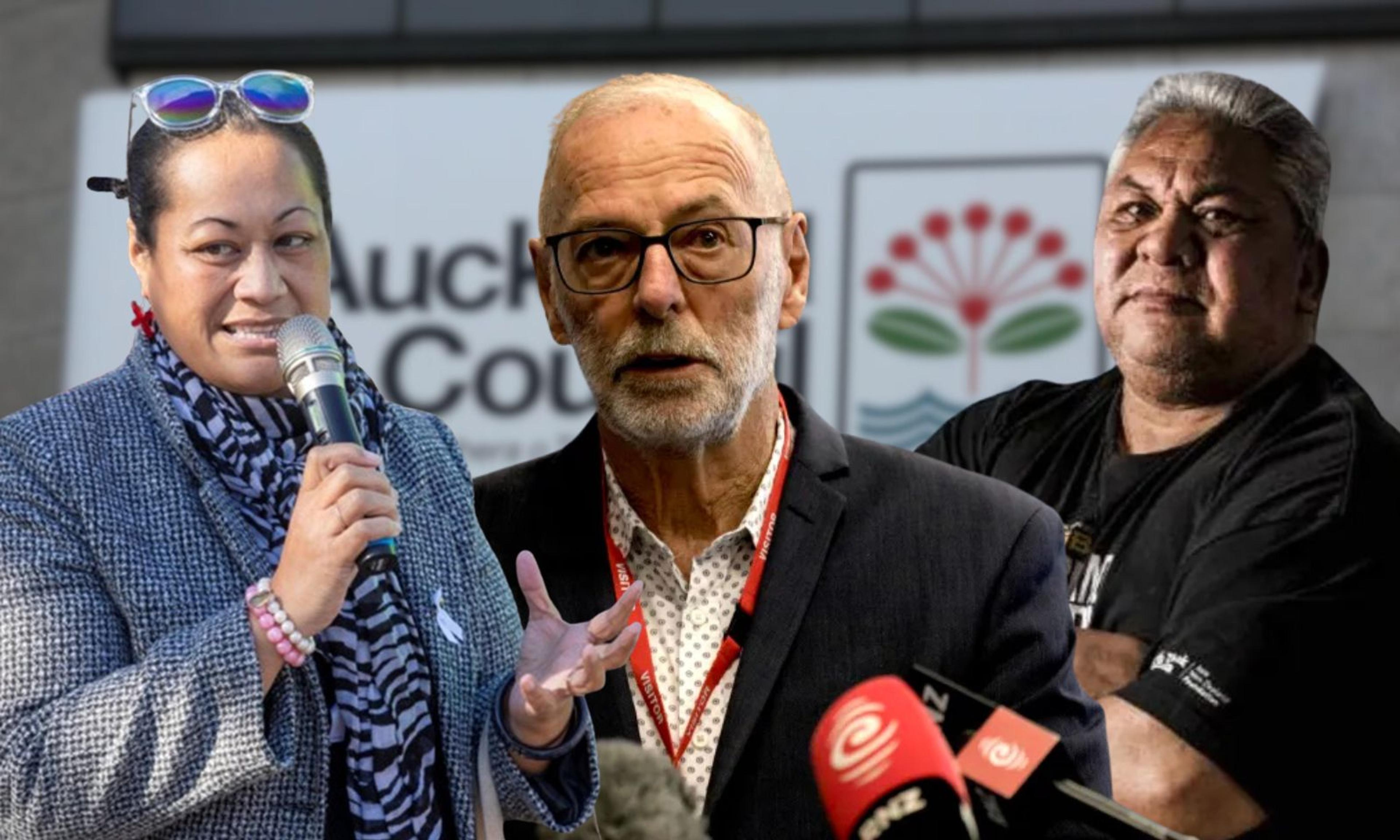

The Cook Islands is celebrating 60 years of self-governance in free association with New Zealand.
Photo/Supplied
NZ's absence from Cook Islands' 60th anniversary 'a missed chance' to rekindle ties
Political analyst William Numanga says this highlights tensions in both countries' diplomatic relationship, raising questions about the future of their partnership amid rising geopolitical challenges.


Fiji prosecutors seek 50-year sentences for ringleaders in major meth import case


Heartwarming efforts by community help bring missing Sāmoa woman home safely

Councillors hit back at Mayor Wayne Brown's 'Pacific victims' remark

Fiji prosecutors seek 50-year sentences for ringleaders in major meth import case


Heartwarming efforts by community help bring missing Sāmoa woman home safely
As the Cook Islands prepares to mark 60 years of self-governance in free association with New Zealand, a historic milestone rich in political, cultural, and emotional significance, one conspicuous absence looms large: New Zealand has chosen not to send a high-level delegation to participate in the official commemorations.
This silence is more than diplomatic. It reflects a growing chill in government-to-government relations, especially in light of New Zealand’s recent decision to pause aid funding to the Cook Islands after the signing of a Comprehensive Strategic Partnership with China. At the heart of the dispute is not necessarily the agreement itself, but the sentiment in Wellington that it was not consulted - a sentiment that has escalated into an abrupt and public financial response.
But this anniversary is not about geopolitical rivalries. It is about people, identity, and shared history - one that long predates colonial maps or modern treaties. Our connection with Aotearoa New Zealand began with the very canoes that carried our ancestors across the Pacific. The Māori of Aotearoa trace their whakapapa back to Rarotonga and other parts of the Cook Islands. This deep genealogical bond is older than any constitution and more enduring than any aid package.
We must also remember 1901, when New Zealand annexed the Cook Islands. For decades, this colonial relationship has shaped the course of our governance, economy, and migration patterns. Then in 1965, with the establishment of self-government in free association with New Zealand, we entered a new chapter - one that was meant to be built on partnership, mutual respect, and shared prosperity. Sixty years on, that agreement still stands. We are both Cook Islanders and New Zealand citizens, and we share the same currency, many of the same institutions, and a deeply interconnected population.
Tens of thousands of Cook Islanders have made Aotearoa their home, contributing to the economic, cultural, and spiritual fabric of New Zealand society. Our families are interwoven. Our children attend schools and universities in New Zealand. We share medical resources, legal institutions, and sports fields. In many ways, the people-to-people relationship has never been stronger, despite our official diplomatic ties coming under strain.
It is precisely because of this unique and layered relationship that New Zealand’s absence from the 60th anniversary celebrations is so jarring. To many Cook Islanders, it signals a retreat from the spirit of partnership that has defined our relationship for decades. It sends a message - intentional or not - that aid and influence are being wielded as leverage in a geopolitical contest, rather than as tools for regional stability and mutual development.
In an era when the Pacific is becoming an increasingly prominent theatre of great-power competition, the bonds between the Cook Islands and New Zealand should be strengthened, not weakened. Continued cooperation is critical - not only for education, health, infrastructure, and trade, but for maintaining peace and security in our region. A fractured relationship between Wellington and Rarotonga will only open space for confusion, division, and external manipulation.
Watch Green MP Teanau Tuiono's full interview on the Cook Islands.
This anniversary should have been a moment of shared pride, a reaffirmation of the enduring ties between two Pacific peoples who have walked together through colonisation, migration, and independence. Instead, it has become a moment that exposes the fault lines in our diplomatic relationship.
Still, all is not lost. The cultural ties remain strong. The people-to-people connection is thriving. But these foundations must be nurtured by leadership on both sides. Dialogue must be restored. Trust must be rebuilt. And symbolism matters. Because in the Pacific, as in any family, absence at the table speaks louder than any words.
William Numanga is a Cook Islander, a political analyst, and an advocate for regional cooperation and development. The views expressed here are the author's and not PMN.

William Numanga worked as an analyst for the Cook Islands Party for over five years. Photo/Supplied